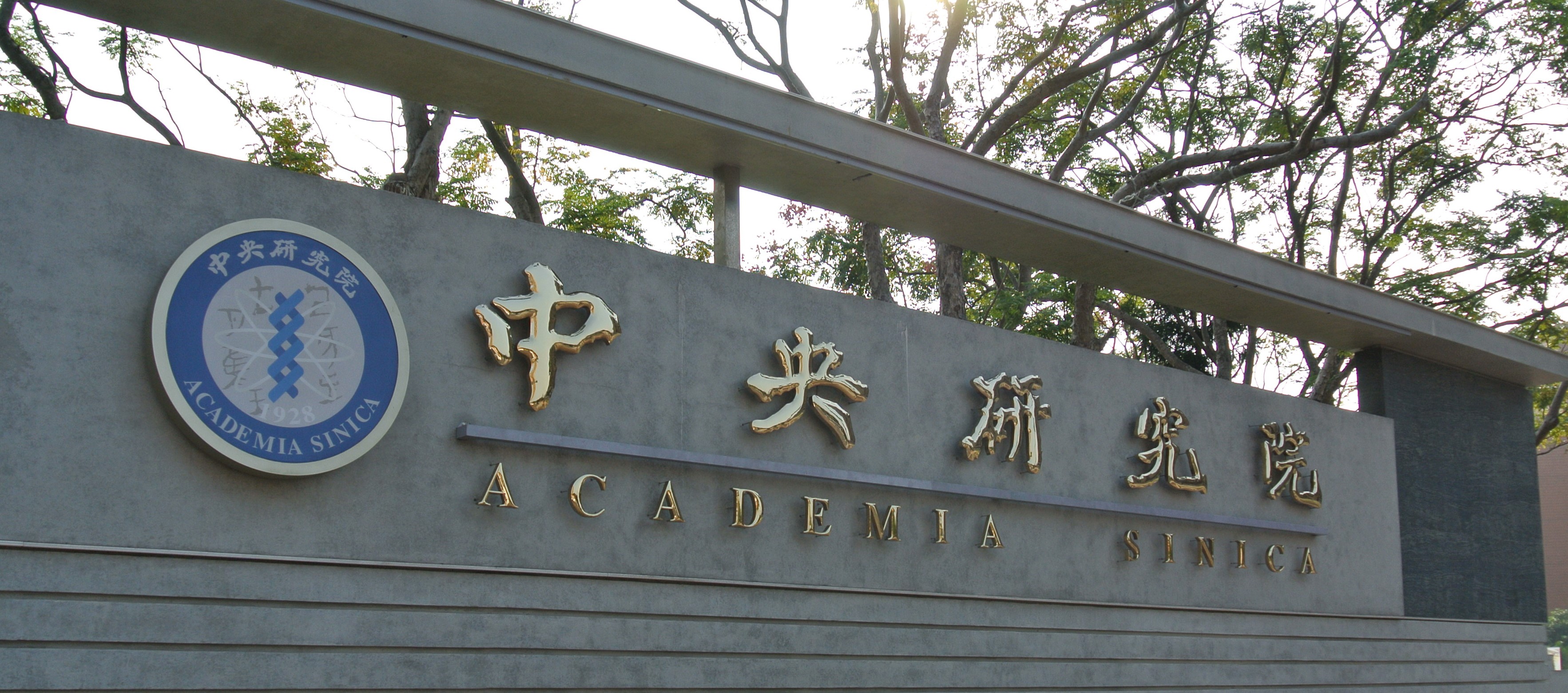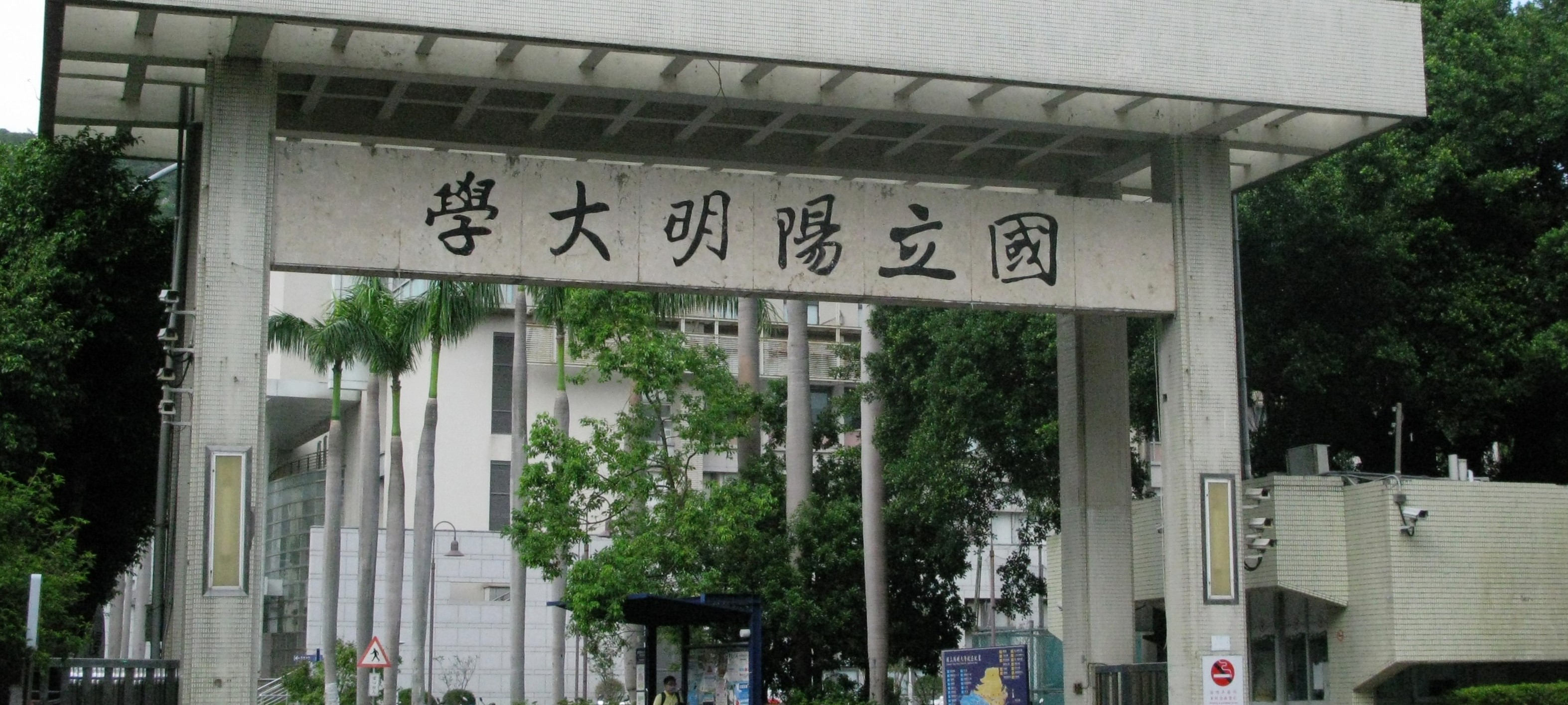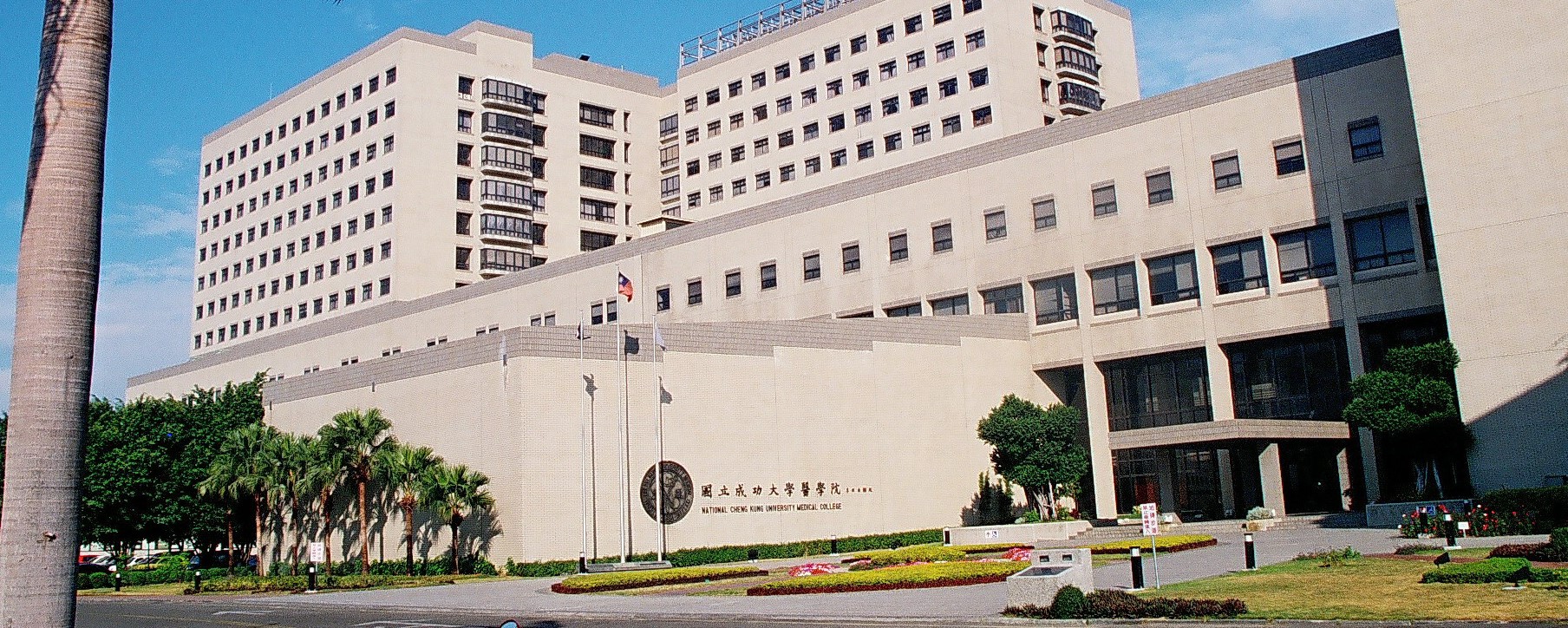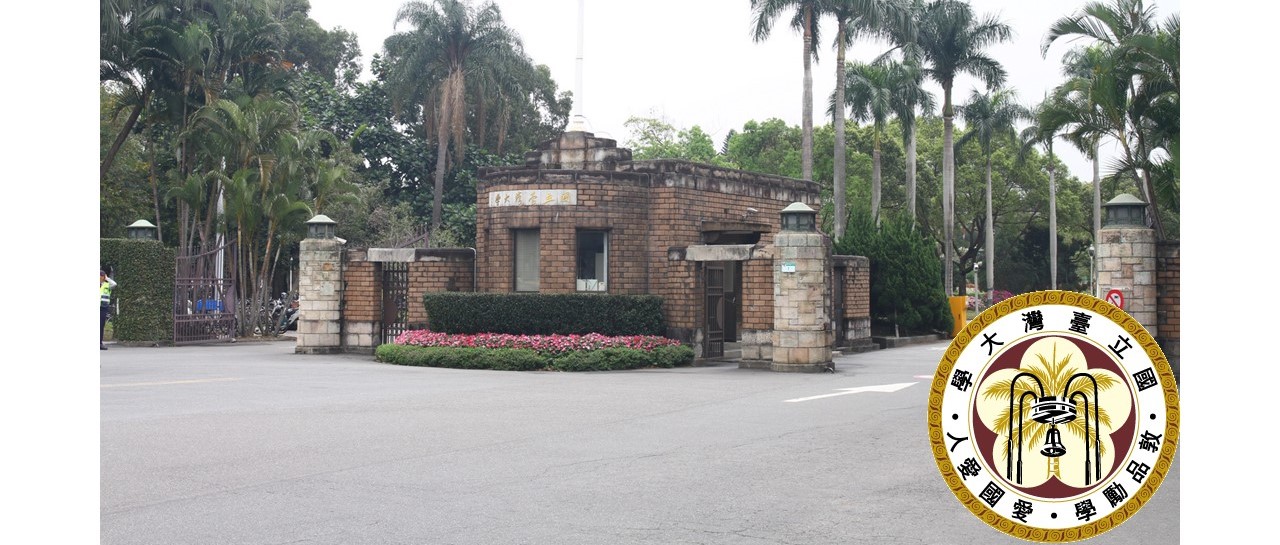Academia Sinica
Neuroscience Program of Academia Sinica (NPAS) is an on-campus research program that promotes interaction and collaboration with the goal of excellence in neuroscience research and education at international levels. NPAS encompasses approximately 40 faculty members from 8 institutes and 2 research centers on the campus. Our researches cover neuronal development, synaptic plasticity, sensory perception, neurological disorders and diseases, stem cell regeneration, systemic and computational neuroscience. Despite broad spectrum of research areas, atmosphere in Academia Sinica is ideal for promoting thriving collaborations.
More detail...




